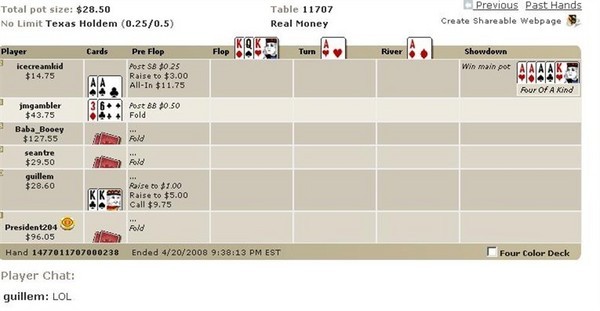Ask The Wizard #229
When considering maximum bets for a casino, what would you suggest to minimize financial exposure from high-stakes players? I understand the statistical edge that casinos have in blackjack, yet high rollers can significantly impact a casino's finances if the betting limits aren't properly set.
If I ran a casino, then I would apply the Kelly Criterion In order to determine the appropriate maximum bets, I propose equalizing the formula m*v/h across all games, where m is the maximum bet allowed, v represents the game's variance, and h indicates the house edge. Let's refer to this as the risk quotient. For instance, if I'm willing to risk $150,000 on the Banker bet in blackjack, it aligns with the betting amounts seen in major Strip casinos, where the house edge stands at 1.06%, and we have a certain variance to consider. baccarat Now, let’s calculate the value of m to stabilize the risk quotient for blackjack. With the more favorable rules found in Strip casinos, the house edge drops to 0.29%. If we allow the player to place bets on three different spots, the standard deviation per hand with these three bets would be necessary to determine. 0.93 2. The risk quotient is thus 150,000*0.932/0.0106 = 12,239,150.
In reality, not all players execute perfect basic strategies, so I would adjust that maximum up to about $20,000. This amount is comparable to what high-end Strip casinos accept for blackjack bets, which suggests there's a balance here. I think larger bets should be considered for novelty games instead. 1.51957 , so the variance is 1.519572= 2.3091. Solving for m..
m×2.3091/0.0029 = 12,239,150
m = $15,371.
I recently participated in an online poker hand and am interested in calculating the odds of a specific scenario occurring:
Usually, bad beat scenarios frustrate me, but this one was particularly shocking. Before any cards were dealt, the likelihood of four kings being outmatched by four aces in a two-player scenario, where both held pocket pairs, is calculated as 2 * (4,2) * combin(4,2) * 44 / (combin(52,2) * combin(50,2) * combin(48,5)), resulting in 1 in 877,961,175. In a larger game with six players, this probability becomes 15 times greater, leading to odds of 1 in 58,530,745. Once the designated hole cards are established and prior to the flop, the odds of the hand concluding as it did stand at 1 in 38,916.

This refers back to strategies outlined in a document from February 1997. In some of your proposed strategies, there are indications of a player advantage, or scenarios close to even. Have any of the casinos in Las Vegas or other locations taken notice of your website and modified their house rules in response? Do you have any recent updates regarding house rules across various casinos? Additionally, your odds table for pai gow mentions an 'optimal' strategy, but I don't see a clear explanation of the rules governing that strategy. What does 'optimal' entail? I'm enjoying the game and looking for methods to engage with it, have a good time, and earn benefits while minimizing my losses. combin Caesars Palace in Las Vegas has updated its house rules over the past few years. Once, they never allowed dividing up the gee joon pair, but now they do. A dealer at Mandalay Bay recently shared with me a new rule allowing play of 0-7 over 3-4. I'm not sure why these changes have been made, but I would take pride if I had any influence over them.
Your pai gow (tiles) strategies are optimized for the Foxwoods House Way In the future, I might include the house rules for the Claridge in Atlantic City and Treasure Island in Las Vegas as well. Adding this information into HTML format can be laborious and time-consuming, which is why it hasn't been completed yet.
My assistant JB is currently developing an optimal strategy based on the Foxwoods house rules. It should be available on the website soon.
I recently added a house way for the Casino Canberra The one-card poker game features a deck consisting of just three cards: an ace, a deuce, and a trey, with the ace being the lowest value and the trey the highest. Each of the two players places a $1 ante into the pot before being dealt one card each. The sequence of betting is predetermined, with player 1 taking the initial action. Player 1 can either make a $1 bet or check. If player 1 chooses to bet, player 2 has the option to call or fold. If player 1 checks, player 2 can then either bet $1 or check as well. If both players check or both make bets, the player with the higher card claims the pot. Assuming both players are skilled logicians, what would be the optimal approach for each of them?
I hope this satisfies you; I dedicated my entire day to this. The answers and solutions can be accessed on my other website.
I provide mathematically sound strategies and insights for popular casino games such as blackjack, craps, roulette, among many others.
Make sure to check your email and follow the link we sent you to finalize your registration. mathproblems.info , problem 203, or the academic paper Game Theory and Poker by Jason Swanson.


